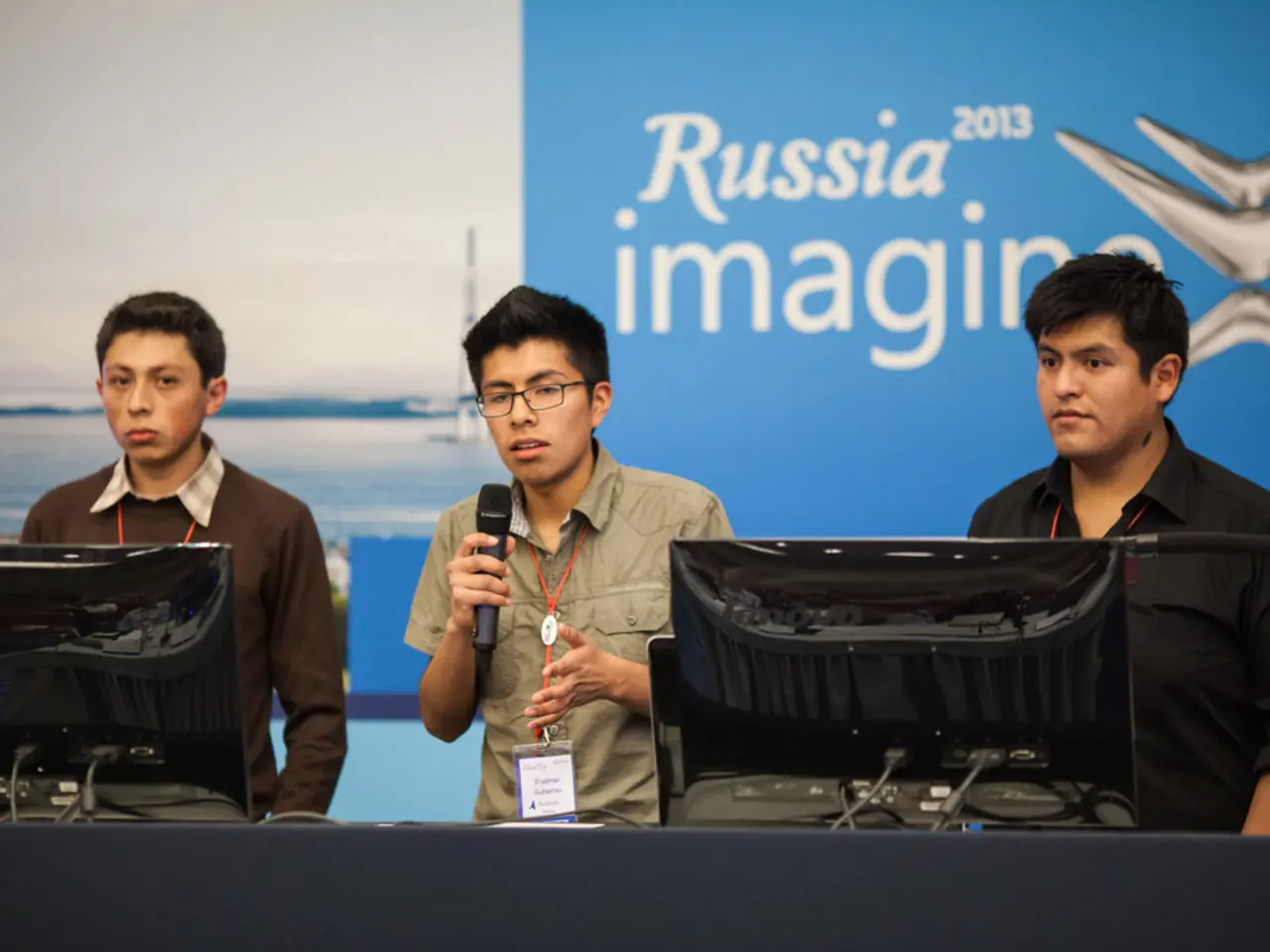Investment in AI chip technology within the UK is currently being proposed by an advisory body, with the goal of enabling local growth of artificial limbs.
The United Kingdom has set its sights on developing a home-grown AI chip design industry, with a goal to produce 50 British-designed AI chip products over the next five years. This ambitious target, as outlined in a report by the Council for Science and Technology (CST), comes amidst challenges in workforce skills, investment, strategic coordination, and infrastructure access.
Key recommendations and challenges identified by the CST include:
- Skills and workforce development: The UK needs around 7,000 new chip designers by 2030, especially trained in chip and optoelectronics design. Expanding training programs via institutions like the Optoelectronics Research Centre is critical to build a skilled AI chip design workforce.
- Investment and innovation pipeline: Coordinated government funding is necessary to support the entire innovation cycle, from fundamental research to commercial product launch, ensuring UK startups and SMEs have access to leading-edge technologies and facilities at affordable costs.
- Strategic focus and leadership: The Department for Science, Innovation and Technology (DSIT) and Ministry of Defence (MOD) should set clear national semiconductor strategy objectives to signal priorities and align industry efforts for maximum impact.
- Infrastructure and ecosystem support: Improving access to semiconductor infrastructure for SMEs and academia will accelerate innovation and product development, reinforcing the UK’s niche capability in AI chip design rather than large-scale manufacturing.
- Leveraging UK strengths candidly: The UK should focus on its global strengths in chip design rather than attempting to compete with manufacturing giants like the US, Taiwan, or South Korea.
The CST report frames this initiative as a ‘once-in-20-years opportunity’ to capture a rapidly growing AI chip market, forecasted to expand by 30% annually and constitute over half of global semiconductor revenue by 2030. Establishing feasible targets along with bold government commitments across training, investment, and infrastructure is seen as essential to position the UK as a global player in this critical technology sector.
The report also recommends closer collaboration between DSIT and the UK Ministry of Defence on investment, as there are significant dual-use opportunities that the National Security Strategic Investment Fund (NSSIF) could finance. However, some experts, like semiconductor analyst Richard Gordon, have expressed skepticism about the sudden enthusiasm of the UK government for chips, stating that they haven't learned anything over the last 30 years or so.
Notably, Arm, a British chip design firm, sees AI as its future money spinner, despite being sold off from the UK government. High-performance AI systems are increasingly using optical interconnects both internally and externally, and CST suggests expanding investment in training and skills for optical, particularly through the Optoelectronics Research Centre (ORC) at the University of Southampton.
Phillip Kaye of datacenter biz Vespertec expressed optimism about the CST report, stating that it would be the place to start to build the UK's AI credentials. However, it's worth noting that most academic institutions in the UK no longer offer electronics and chip design courses. The CST's recommendations echo some of the conclusions of the National Semiconductor Strategy published under the previous government.
Achieving this goal requires investment in skills to deliver more chip design engineers and clear strategic objectives on semiconductors from agencies like the DSIT. British-led semiconductor research has long been among the best in the world, according to Phillip Kaye. The success of this initiative will be crucial in securing Britain's hardware supply chain for both commercial and military applications in an uncertain era of tariffs and export restrictions.








